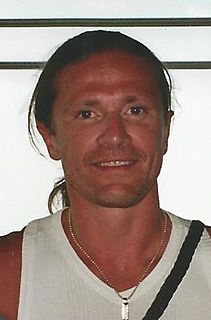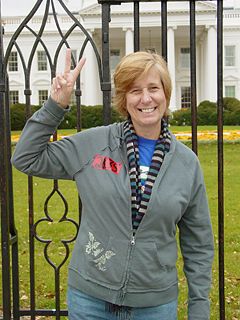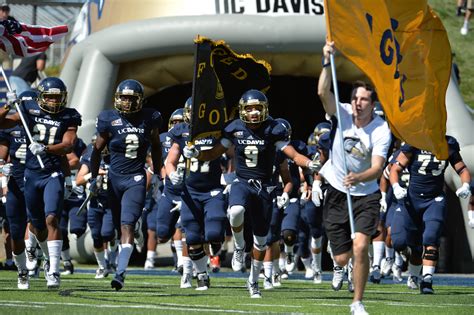A Quote by Natalie Maines
To me, I was right from the beginning, because it's my right as an American to speak up and question our president, have my point of view, have my opinion, question what I want to question, and say what I want to say about our government.
Related Quotes
If you ask me can you explain the success of Facebook or Twitter, its very simple. People want to have the right to speak, people want the right to say what they feel. They don't want to wait for the question to be asked, they want to say before asking the question, they want to say everything that they feel.
This is a good thing to say to film students. If there's a story point that you don't feel right about, that there's a question you have - "Does it really make sense?" Or, "Is that plausible? Is it implausible? Is it set up?" Or whatever. Go at it. Don't let it go. If there's a question in your mind, you're probably right. You probably do need to work on it and think about it more.
I believe that it is my right and responsibility as an American to question our government when our government is wrong. I'm not one of the immature patriots who say my country right or wrong because my country is wrong now, and my country-the policies of my country are responsible for killing tens of thousands of innocent people, and I won't stand by and let that happen anymore.
One of the reasons that metaphor and symbolism are important in books is because they are also important to life. Like, for example say you're in high school and you're a boy and you say to a girl: "Do you like anyone right now?" - that's not the question you're asking. The question you're asking is, "do you like me right now."
A very tall man once asked a question after my talk. Before beginning his question, he explained that the reason he was standing up is not to be intimidating but rather to make eye contact. His question was essentially "are we really interested in moral motives? Isn't it all about action?". I pointed out to him that it was not enough for him to do the right thing - stand up - but he also wanted me to know that he is doing it from the right motive or for the right reason - to make eye contact, rather than to be intimidating. Voila, moral psychology.
As believers in democracy we have not only the right but the duty to question existing mechanisms of, say, suffrage and to inquire whether some functional organization would not serve to formulate and manifest public opinion better than the existing methods. It is not irrelevant to the point that a score of passages could be cited in which Jefferson refers to the American Government as an experiment.
What happens to the mind of a person, and the moral fabric of a nation, that accepts the aborting of the life of a baby without a pang of conscience? What kind of a person and what kind of a society will we have twenty years hence if life can be taken so casually? It is that question, the question of our attitude, our value system, and our mind-set with regard to the nature and worth of life itself that is the central question confronting mankind. Failure to answer that question affirmatively may leave us with a hell right here on earth.
The question of whether we were misled into the war in Iraq isn't a liberal or conservative or Republican or Democratic question, it's an American one. Protecting the democracy that we ask our sons and daughters to die for is our responsibility and our trust. Demanding accountability from our leaders is our job as citizens. It's the American way. So may the truth win out.
What does it mean to be an American today? The question of that is always pointing at now. It allows someone to say what lens that will be through. A lot of my work has been about identity in different ways. Part of that for me falls into the question of gender identity certainly but also about what it means to be an American theater artist.
Lawyers know that certain witnesses are simply not going to be cooperative and are not going to answer the questions. And what matters at that point is what is your question? Because everything you want the jury to know should be in your question, or everything you want the jury to wonder about should be in your question.
Sometimes Christians live in a terror of universal obligation: AIDS over here, people to be saved over here, a crushing sense of low-level guilt every day of our lives. Question to ask: Where has God put me right now? I need to say no to a whole bunch of other things because if I don't say no I can't say yes to others.


































